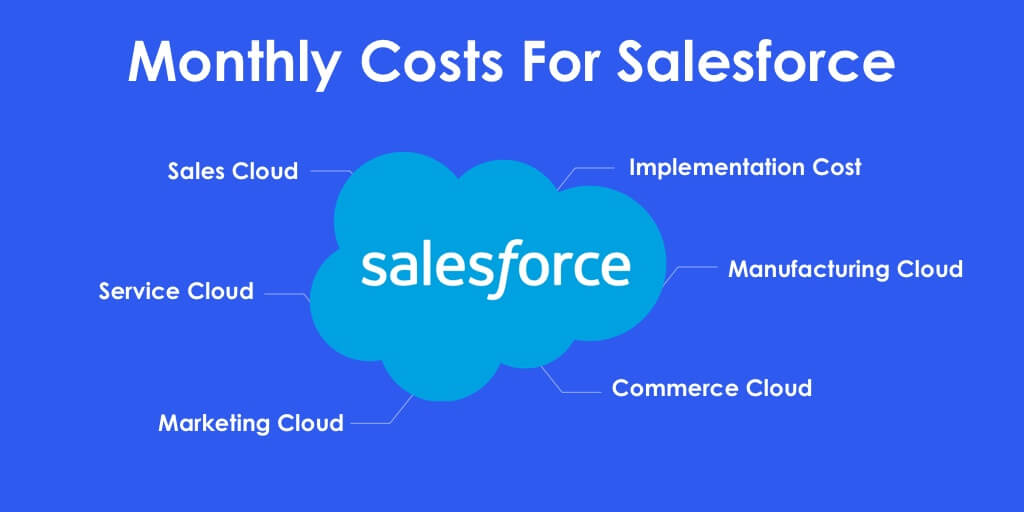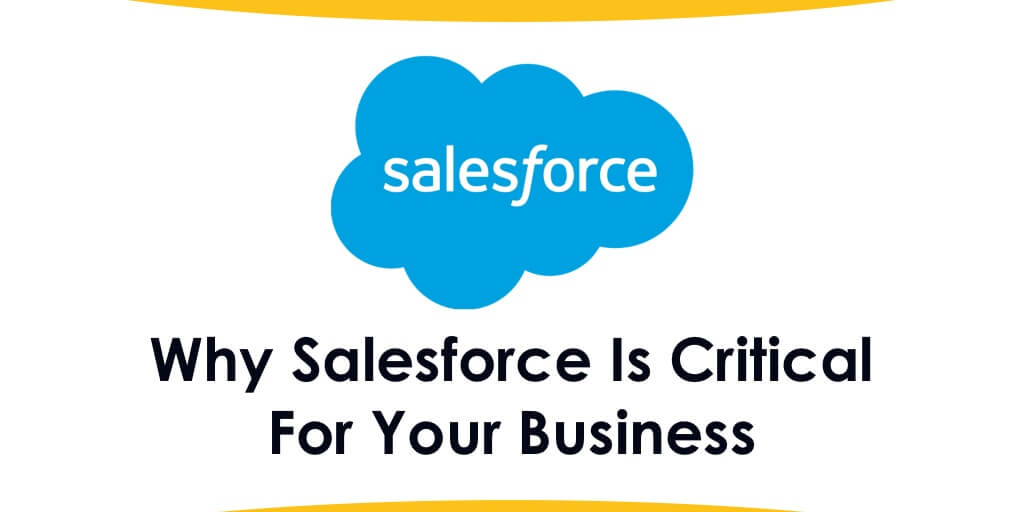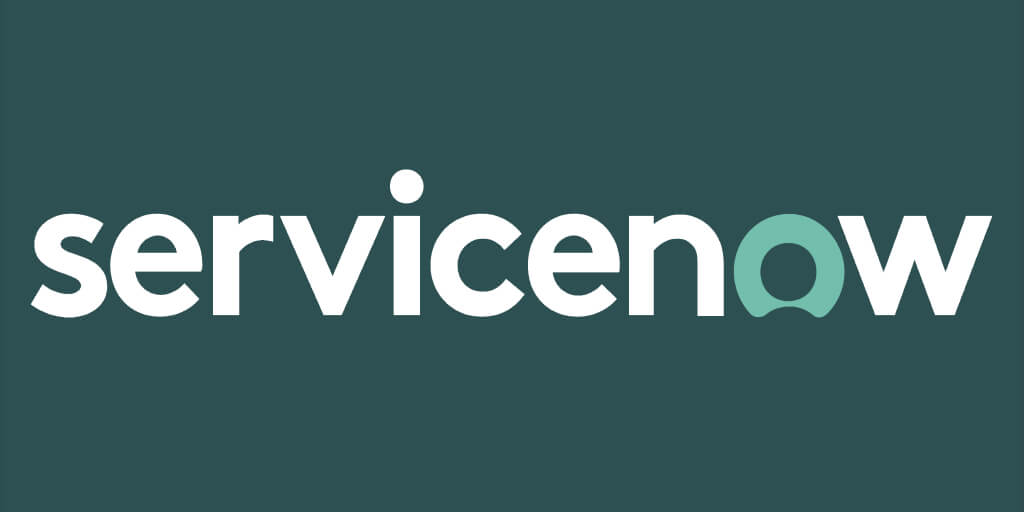There are many respectable CRM companies in the world, but Salesforce looms among them like a giant. The cloud-based software company was founded in 1999, but still dominates the customer relationship management sector. The company was once a small tech stock that barely made headlines, but now it is worth around $200 billion dollars.
There are countless tools and services that can help you improve your business, but there’s also a reason that Salesforce has become a powerhouse over the years. For those unaware, Salesforce is a cloud-based software company specializing specifically in CRM (customer relationship management).
How Salesforce Can Help Your Business
Many business owners and entrepreneurs may have heard about Salesforce, but are still unsure how they can benefit from its products and services. First and foremost, Salesforce is an incredible tool that can help you organize your data.
Second, there are many CRM features and capabilities that make Salesforce indispensable for your business. Salesforce can help you better understand and connect with your ideal customers, proactively manage customer relationships, and personalize and scale those relationships as your business grows.
Third, Salesforce allows for a new level of customer interaction and communication. Thanks to Salesforce, your organization can utilize data and personalize your messaging to resonate more with both existing customers and new prospects. In short, Salesforce can help you connect with customers more meaningfully.
Fourth, Salesforce can automate everyday tasks that have to be done. This is critical because it can free up time and labor so that your employees can focus on other aspects of your organization. Some Salesforce automation tools include Workflow Rules, Process Builder, Flow, and more.
There’s another important way that Salesforce can help your business: it can help you generate, qualify, and manage leads. Any organization needs to be developing new leads if it wants to grow, and Salesforce has tools to help you better target leads, convert them at a higher rate, and organize those leads accordingly.
To summarize, we have just explored five key reasons Salesforce can help your business:
- Organizing and better understanding your data
- CRM features to keep customers connected and engaged
- Ensure proper communication with customers
- Automate everyday tasks to save on time and labor
- Better qualify and manage leads
Implementing Salesforce In Your Business
Once you’ve decided that it’s time to implement or integrate Salesforce into your business, there are still concrete steps that need to be taken. Here are the following steps that can help you fully implement Salesforce and take advantage of the features it has to offer.
Build Your Team
First and foremost, you’ll have to build out a team that will help you implement and integrate Salesforce across your entire organization. There have to be key individuals involved for the implementation to work. Here are some key roles that should be filled before implementation:
- Executive sponsor – Think of this individual as the “champion” of the project. They are expected to use their influence to oversee the entire process.
- Project owner – The primary job of the project owner is simple, but important: manage the project’s timeline and budget.
- System admin – The system administrator should handle day-to-day operations while also playing “gatekeeper” regarding new functionalities.
- Power-user – Power users are those who serve as a bridge between the project team and end users. They perform beta testing for fixes/features and provide feedback regarding whether Salesforce is helping the business meet its objectives/goals.
Planning Is Critical
It’s also extremely important to plan out your Salesforce integration. This should work in several steps: understand why you are switching to Salesforce, the metrics you hope to improve (sales/marketing/etc), and what would make this Salesforce integration a success.
Take into account all possible scenarios before executing your plan. Your plan will require the creation of a project timeline while also identifying and prioritizing business objectives.
Developing A Training Strategy
There has to be a training strategy or program if you are serious about Salesforce integration. Your employees should recognize that learning new aspects of Salesforce can help your organization engage with more prospects and clients.
If there is a concrete training strategy, employees can learn more about ongoing releases, features, and upgrades.
Don’t Forget The Numbers
This is the stage where you examine what’s happening and make sure you are checking the numbers. Your business is implementing Salesforce to grow, after all. The question now is: what will that growth look like?
You already established what metrics would be measured in the planning phase. Now, it’s time to determine what would be “successful”: whether you are hoping to increase revenue, reduce churn rate, or improve productivity. Make sure there are concrete numbers involved so that everyone understands the shared goals and objectives.
Launch and Follow Up
It’s time to launch Salesforce within your organization and begin customizing the Salesforce CRM for your specific needs. However, that doesn’t mean that the work is done. Now, you should be collecting user feedback to improve the implementation process and ease any lingering frustrations that may exist.
If possible, give performance valuations and reward early adopters to set an example. It’s also time to take stock of what could be improved, and begin defining your future Salesforce roadmap.
Rely On The Experts At Blue Whale Apps
We understand that it can be difficult for organizations to understand and embrace new technologies that will help them succeed. If you want to take your Salesforce plan to the next level, make sure that you contact the reliable experts at Blue Whale Apps for all their Salesforce needs.
Monthly Costs For Salesforce
It should be noted that Salesforce can cost a significant amount of money, and you will be paying every month to use Salesforce. The cost of these services, however, can vary. Let’s examine some of the aspects of your monthly Salesforce costs.

Monthly Salesforce Cost
Of course, your organization’s monthly Salesforce cost will depend on the products and services chosen.
Sales Cloud
Sales Cloud depends largely on the amount of sales support that you need. The cost could range from $25 per user per month for sales and support to $300 per user per month for unlimited CRM power and support.
Service Cloud
Service Cloud has a similar cost to the Sales Cloud services. The cost will range from $25 per user per month up to $300 per user per month.
Marketing Cloud
The Salesforce Marketing Cloud service will cost somewhere between $1000 to $4000 a month, depending on the services/features chosen.
Commerce Cloud
The Commerce Cloud helps to unify your customer experience across all channels, and they can benefit both B2B and B2C companies. The B2B Commerce Cloud plan charges per price per order, while the B2C Commerce Cloud charges based on gross merchandise value, or GMV.
Manufacturing Cloud
The Salesforce Manufacturing Cloud will cost $375 per user per month to $400 per user per month. There are also additional add-ons that would increase monthly costs.
Implementation Cost
Salesforce is popular with businesses for a reason – it has helped transform and scale countless organizations. However, implementing Salesforce is also a significant investment. There are many variables to consider depending on your business, but Salesforce implementation can cost anywhere from
How Blue Whale Apps Can Help
Salesforce offers incredible tools that can help your organization improve how it sells its products, markets its services, or engages with customers in general. It also can help provide insight into competitors, the ability to automate repetitive tasks, and tools to keep your employees productive and engaged.
If you are ready to start your journey with a more productive customer management system, we would be happy to discuss what Salesforce options may be best for you.









